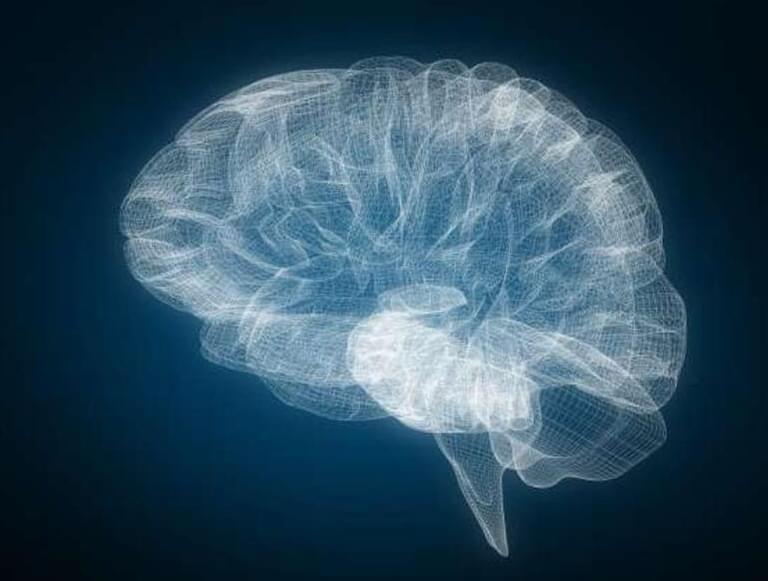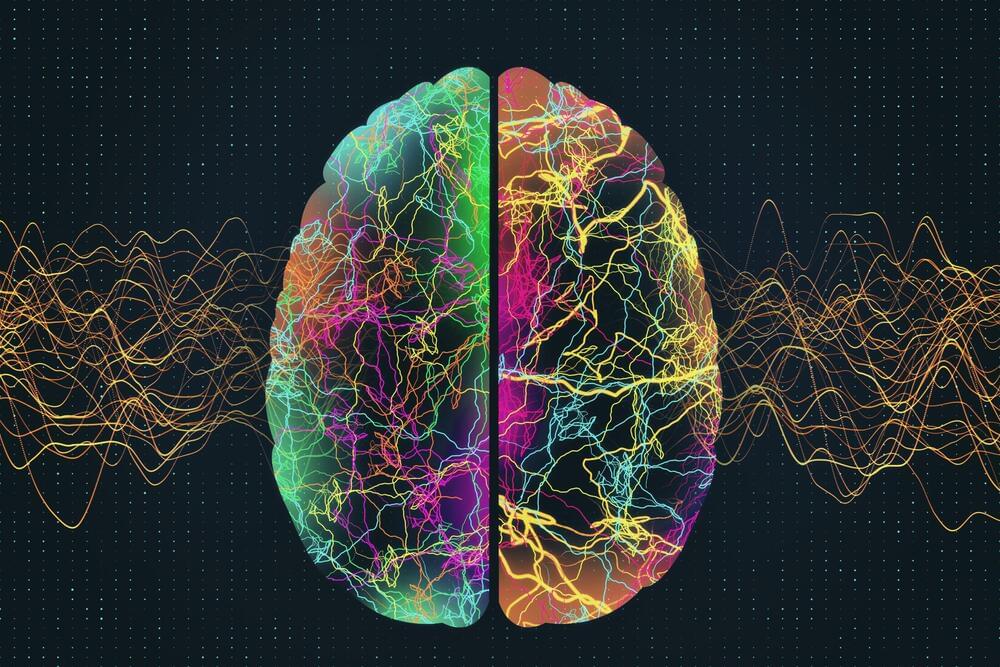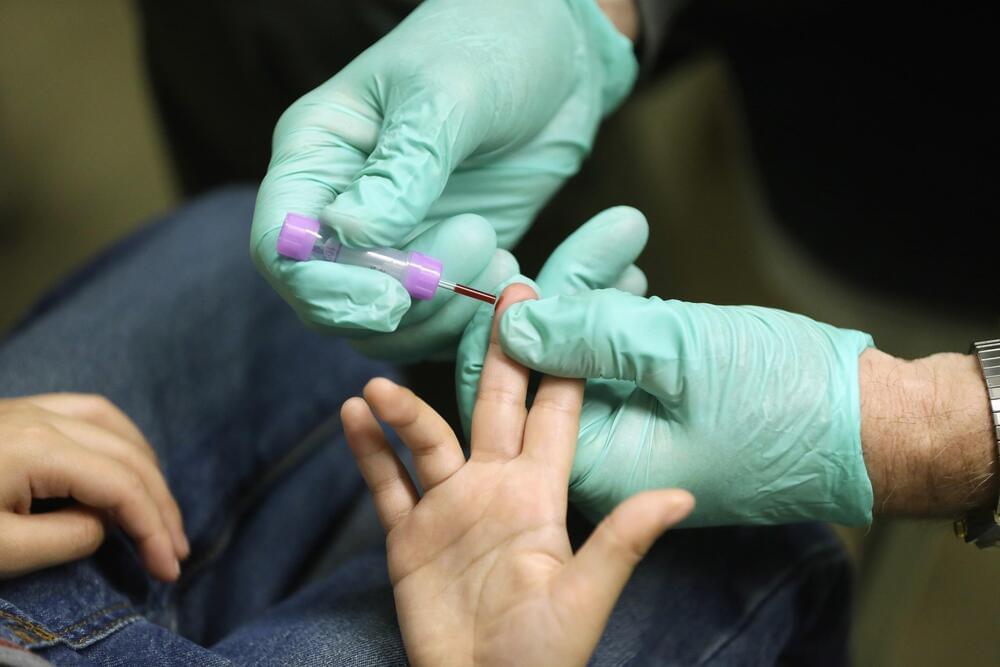—————–Support the channel———–
Patreon: https://www.patreon.com/thedissenter.
PayPal: paypal.me/thedissenter.
——————Follow me on——————–
Facebook: https://www.facebook.com/thedissenteryt/
Twitter: https://twitter.com/TheDissenterYT
Dr. Alexander Rosenberg is the R. Taylor Cole Professor of Philosophy at Duke University. He has been a visiting professor and fellow at the Center for the Philosophy of Science, at the University of Minnesota, as well as the University of California, Santa Cruz, and Oxford University, and a visiting fellow of the Philosophy Department at the Research School of Social Science, of the Australian National University. In 2016 he was the Benjamin Meaker Visiting Professor at the University of Bristol. He has held fellowships from the National Science Foundation, the American Council of Learned Societies, and the John Simon Guggenheim Foundation. In 1993, Dr. Rosenberg received the Lakatos Award in the philosophy of science. In 2006–2007 he held a fellowship at the National Humanities Center. He was also the Phi Beta Kappa-Romanell Lecturer for 2006–2007. He’s the author of both fictional and non-fictional literature, including The Atheist’s Guide to Reality, The Girl from Krakow, and How History Gets Things Wrong.
In this episode, we focus on Dr. Rosenberg’s most recent book, How History Gets Things Wrong, and also a little bit on some of the topics of The Atheist’s Guide to Reality. We talk about the theory of mind, and how it evolved; the errors with narrative History, and the negative consequences it might produce; mind-brain dualism; what neuroscience tells us about how our brain and cognition operate; social science, biology, and evolution; the role that evolutionary game theory can play in explaining historical events and social phenomena; why beliefs, motivations, desires, and other mental constructs might not exist at all, and the implications for moral philosophy; if AI could develop these same illusions; and nihilism.
Time Links:
01:17 What is theory of mind, and how did it evolve?
06:16 The problem with narrative History.
08:17 Is theory of mind problematic in modern societies?
11:41 The issue with mind-brain dualism.
13:23 The concept of “aboutness”
15:36 Neuroscience, and no content in the brain.
22.21 What “causes” historical events?
28:09 Why the social sciences need more biology and evolution.
37:13 Evolutionary game theory, and understanding social phenomena.
41:06 The implications for moral philosophy of not having beliefs.
44:34 About “moral progress”
47:41 The usefulness of thought experiments in Philosophy.
49:58 The theory of mind will not be going away anytime soon.
51:37 Could AI systems have these same cognitive illusions?
53:13 A note on nihilism and morality.
57:38 Follow Dr. Rosenberg’s work!
–
Follow Dr. Rosenberg’s work:
Faculty page: https://tinyurl.com/ydby3b5f.
Website: http://www.alexrose46.com/
Books: https://tinyurl.com/yag2n2fn.
–
A HUGE THANK YOU TO MY PATRONS: KARIN LIETZCKE, ANN BLANCHETTE, BRENDON J. BREWER, JUNOS, SCIMED, PER HELGE HAAKSTD LARSEN, LAU GUERREIRO, RUI BELEZA, MIGUEL ESTRADA, ANTÓNIO CUNHA, CHANTEL GELINAS, JIM FRANK, AND JERRY MULLER!
I also leave you with the link to a recent montage video I did with the interviews I have released until the end of June 2018:
https://youtu.be/efdb18WdZUo.
And check out my playlists on:







